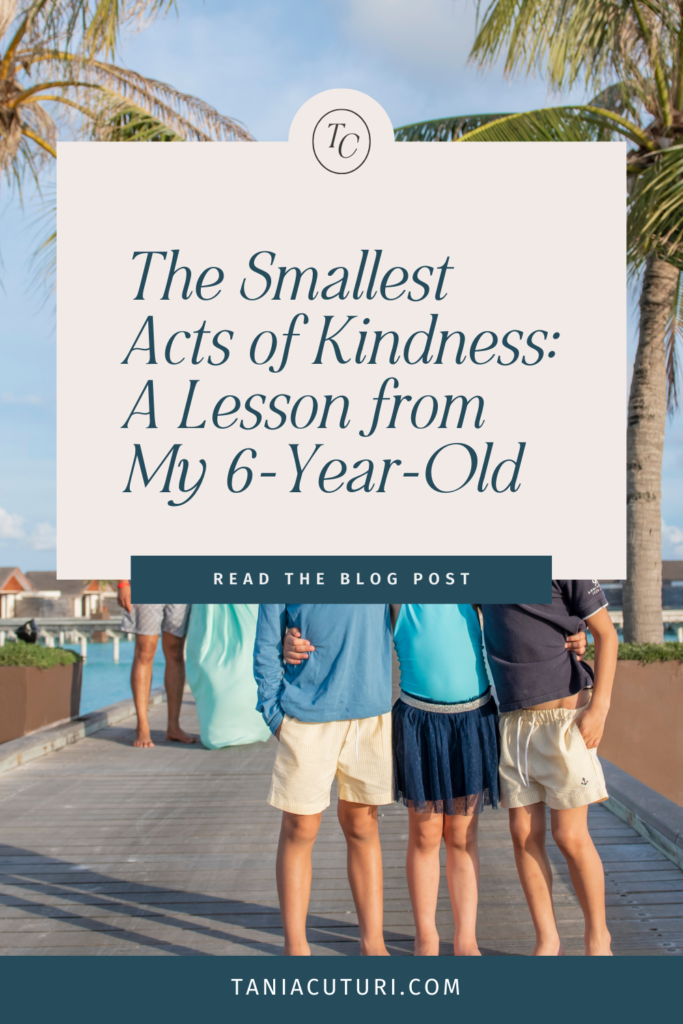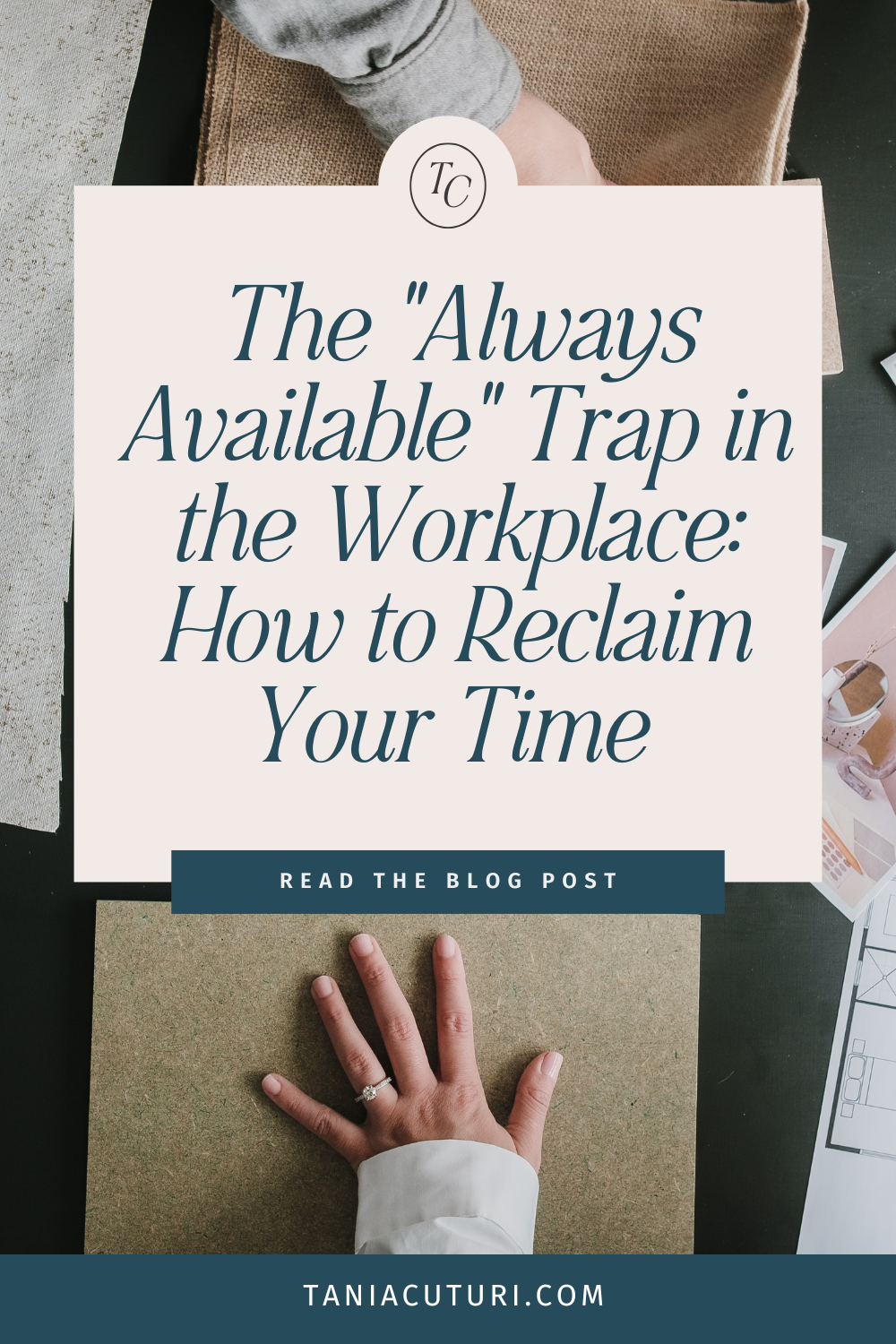The Smallest Acts of Kindness: A Lesson from My 6-Year-Old
28 Sep, 2024 | 3 min
Children often have a remarkable way of teaching us life’s most profound lessons, even in the simplest of moments. This post is about one such moment, an ordinary afternoon spent playing a game with my six-and-a-half-year-old daughter, Eesha. Little did I know that this game of Monopoly would leave a lasting impression on me — a powerful lesson in the smallest acts of kindness and empathy, from daughter to mother.
Our Monopoly Game
It was a typical day, filled with the usual hustle and bustle, but this evening, we decided to unwind with a game of Monopoly.
Eesha, despite being just six-and-a-half years old, already possesses a keen sense of strategy. As we resumed the game from the previous night, it became apparent that Eesha had not only mastered the rules but had also developed an impressive winning strategy. Her properties were stacking up, and my own corner of the board was looking sparse, to say the least.
Eesha played with confidence and skill, making calculated moves that quickly turned the tide in her favor. By the time the game was nearing its conclusion, she had won, not by a narrow margin, but by a landslide. Her victory was well-deserved, and she was beaming with pride as she surveyed her Monopoly empire.
A Moment of Generosity: The Smallest Acts of Kindness
But this story isn’t really about who won or lost. It’s about what happened next—a moment that made me realize Eesha’s empathy and kindness.
During the game, she drew a Chance card, one that typically offers some sort of financial gain or loss in the game. With a smile, she read the card aloud, declaring, “Give all players 200 pounds.”
I was puzzled; I couldn’t recall such a rule in the game. After she placed the card at the bottom of the deck, I couldn’t resist taking a peek at it. To my surprise, the card actually read, “Go to ‘Go’ and collect 200 pounds.”
Eesha had chosen to forgo her own advantage in the game, just to give me a little extra money.
This act of kindness was just small “grand” gesture, but it’s meaning made me pause.
Eesha had just demonstrated a level of generosity and empathy that many adults could learn from, in all honesty. In that moment, she wasn’t concerned about winning or losing. Instead, she chose to spread joy and make the game more enjoyable for both of us.
Ready for a Confidence Boost? Join my free 5-Day Confidence Boosting Challenge for Working Parents!
Reflecting on the Lesson
As I reflected on Eesha’s simple gesture, I realized how often we, as adults, overlook the small opportunities to show kindness to others.
We get caught up in the competition, in the drive to succeed, and sometimes forget that a little generosity can go a long way. Eesha’s play wasn’t just a child’s game—it was a reminder of the importance of empathy, of considering others’ needs, and of finding joy in giving rather than receiving.
This experience made me think about how we, as parents, can learn so much from our children’s pure and unfiltered actions. Children are often our best teachers when it comes to understanding the true essence of kindness. Their actions are not clouded by expectations or social norms; they simply act out of love, empathy, and a desire to make others happy.
The Smallest Acts of Kindness Make the Biggest Impact
Eesha’s act of kindness goes beyond just the game we were playing. It’s a lesson that applies to all areas of life. Whether it’s at work, in our personal relationships, or within our communities, there’s always an opportunity to show kindness. It doesn’t have to be a grand gesture; sometimes, it’s the smallest acts of kindness that have the most significant impact.
As I continue to reflect on that day, I’m reminded to approach life with the same generosity and empathy that Eesha showed. It’s a reminder to slow down, to think about how our actions affect others, and to find joy in the simple act of giving.
Conclusion
Children like Eesha remind us through their innocence and purity how easy it is to make the world a better place. A simple gesture, a moment of selflessness, can have a profound impact on those around us. Eesha’s Monopoly move was more than just a game decision; it was a lesson in kindness, one that I’ll cherish and strive to emulate.
I love you so much, Eesha. Thank you for teaching me to be better every day.
Share this blog on social!




Meet Tania!
With three energetic kids, I know what it’s like to have to juggle your career goals and desire to be a good parent. That’s why I’m so passionate about helping working mums manage your time in the best way, so you can spend quality time with your kids and still find the courage to go after what you want in life.

Break the Parenting Mold with Connection, Confidence, and Compassion
04 Oct, 2025
As parents, we all come into this journey with expectations: of ourselves, of our children, and of what family life “should” look like. But what happens when your child doesn’t quite fit the mold? When their behavior or way of communicating doesn’t line up with what you imagined, or what society tells you is “normal”?… Continue reading Break the Parenting Mold with Connection, Confidence, and Compassion

The Myth of “This Is the Only Path” for High-Performing Professionals
20 Sep, 2025
There’s a belief I see often in high-performing professionals, especially those working in fast-paced, competitive industries like finance, law, or tech. It’s the belief that “this is the only path” that you can take. One version of success. One way to move forward. And the only “good” choice is the one that keeps you on… Continue reading The Myth of “This Is the Only Path” for High-Performing Professionals

The “Always Available” Trap in the Workplace: How to Reclaim Your Time
06 Sep, 2025
There’s a kind of pressure that doesn’t always get talked about, but most of us feel it: The pressure to be “always available”. Especially in high-achieving work cultures, there’s this expectation (spoken or not) that you should respond quickly, drop what you’re doing, or stay late, just in case you’re needed. And if you don’t,… Continue reading The “Always Available” Trap in the Workplace: How to Reclaim Your Time








